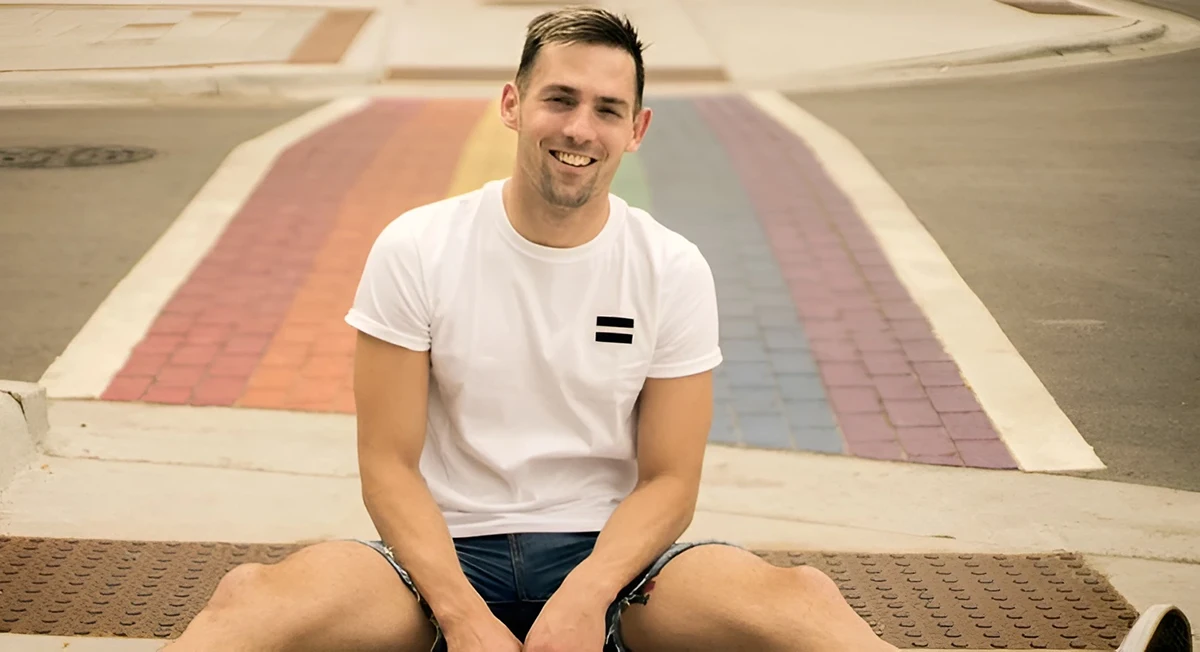Table of Contents
- The Support Worker
- Preparing and Engaging a Psychosocial Support Worker: A Simple Guide
- Step 1. Note the qualities of a support worker that you want.
- Step 2. Clarify the kind of support you need.
- Step 3. Map out the logistics of the support you are seeking.
- Step 4. Book a schedule and conduct the interview.
- Step 5. Provide constant feedback and make adjustments, if needed.
- Conclusion
Aside from your recovery coach, the psychosocial support worker is another important role you need to understand for your recovery journey. Read on to find out what the tasks of the psychosocial support worker are and the primary considerations in finding the right one for you.
The Support Worker
If you are struggling with a psychosocial disability and have an NDIS plan, it is ideal to have a recovery coach assist you in implementing it. The recovery coach is tasked to provide coordination and counseling based on your current psychosocial disability.
However, since some psychosocial disabilities lead to impairment in an individual’s daily functions, the recovery coach might need to tap another worker to aid you. Depending on the severity of your situation, the coach may ask for a support worker to be by your side.
What would be the role of a psychosocial support worker? These workers are in charge of some non-therapeutic assistance for people with psychosocial disabilities. Their primary role is to help clients carry out their daily tasks and make it easier despite facing physical limitations due to their condition.
The support worker’s tasks include helping them with their daily needs, aiding their participation in the community, and connecting them with their friends and families. Given their task, a psychosocial support worker provides in-person services. They are scheduled to be with the client and help them with their needs.
Of course, the support worker ensures that you are taking the appropriate steps towards your recovery goals. They work hand-in-hand with a recovery coach. Sometimes, the coaches help the clients look for a psychosocial worker if they deem it necessary to alleviate their condition.
Every psychosocial support worker needs to focus on the following aspects:
- Build a better relationship between the individual and their family and friends.
- Encourage individuals and listen to their needs.
- Remain recovery-oriented while constantly respecting the individual’s rights and encouraging their self-paced progress.
- Constantly build the individual’s confidence, resilience, and self-esteem.
- Support the individual in their recovery journey with drug, alcohol, or smoking issues.
Support workers can either be from organizations or sole traders. Here are their differences:
For an organization:
- You can easily access an entire team of support workers. They are composed of more than one individual, so it would be a lot easier to find someone who can cover your schedule and location.
- There is a hierarchy in an organization. So, you can file your complaint, ask for a different support worker, or say other feedback, and the organization will have a way to help you.
On the other hand, a sole trader:
- They are self-managed. It can be easier to develop a rapport and be comfortable with them.
- They have better autonomy in terms of their pricing, scheduling, and other conditions.

Preparing and Engaging a Psychosocial Support Worker: A Simple Guide
The psychosocial support worker carries a heavy responsibility. They need to ensure holistic support including the social, personal, and environmental facets that influence your pace towards your recovery goals.
People with psychosocial disabilities suffer from different challenges in daily life. Sometimes, it gets difficult to find the appropriate psychosocial support worker fit for their needs.
You need ample preparation so that you get the best quality of care from the most appropriate individuals. Do not be intimidated by this task, and follow this simple guide!
Step 1. Note the qualities of a support worker that you want.
Begin by identifying all the qualities that you are looking for in a support worker. You will be spending a lot of time with them, so they must have the qualities to help you reach your recovery goals.
Essentially, it is up to your personal preference. Would you like to have someone who you get along with comfortably? Or would you love to have a good listener by your side? And would the support worker have prior experience with supporting people with psychosocial disabilities?
With any psychosocial disability or mental health concern, here are the essential qualities of a support worker that you need to list:
Flexibility
Most of the time, recovery from psychosocial disabilities is not linear. Setbacks happen, and the support worker must be equipped with the flexibility to deal with all these fluctuations.
They also need to work hand-in-hand with your recovery coach to discuss the need for making tweaks in your recovery plan and manage expectations.
Knowledge in being recovery-oriented
Unfortunately, people with psychosocial disabilities face stigma and all sorts of misunderstandings. Therefore, the support worker needs to be knowledgeable and remain recovery-oriented.
Know how to overcome challenges
A good support worker must remain confident and aware whenever challenges arise. They are trained to know what to do in tricky situations, so you need someone who can still perform well despite the challenges faced.
Trustworthiness
Do not forget that your relationship with a support worker must be based on trust! You need to find a psychosocial support worker who you feel comfortable to be with.
Step 2. Clarify the kind of support you need.
Part of looking for a good psychosocial support worker is to know what kind of support you need from them.
It would be best to discuss with your recovery coach the kind of support you need. Several roles commonly tasked to support workers are the following:
- Assistance in housework.
- Support in grocery shopping and running errands.
- Setting and attending appointments.
- Assist you in physical activities like exercising
Of course, a support worker can be tasked with more than what is listed here. Sometimes, you might need to tap more than one support worker if you have a lot of tasks for them.
Step 3. Map out the logistics of the support you are seeking.
Once you are sure of the qualities and tasks of the support worker, you can now map out its logistics.
Plan the specific days and time that you need their services. You can be as specific as you need here. Or, you can ask for the recommendation of your recovery coach on how often you need to have a support worker with you.
You must have a worker who is ready to support you at a particular schedule and location. Moreover, you need to plan in cases of unavailability of the support worker due to sickness or leave.
Step 4. Book a schedule and conduct the interview.
After choosing an organization of your choice, you may proceed to book a schedule with them and consult with their team regarding their support workers.
Having a scheduled interview would greatly help you assess if their support workers are perfect for your needs.
And make sure to ask the essential questions like the following:
- How much do you know about my psychosocial needs?
- What would be some challenges that you foresee?
- What are some ways you can assist me toward my recovery goals?
- Are you alright with the specific tasks that I have in mind?
During the interview, you can write down their responses. Hopefully, you can develop a good connection with them during the interview
Step 5. Provide constant feedback and make adjustments, if needed.
Lastly, do not forget that the recovery process is dynamic. You might need to make adjustments based on your feedback from your experiences.
You need support workers to stay professional and empathetic to your needs. Moreover, you are always free to ask for changes with your support team if things are not going too well.
Conclusion
There are a lot of things to consider when you implement your NDIS plan and work toward your recovery goals. Please, check out our services.
Goal Coach offers accessible and comprehensive support to all Australians with our top-quality recovery coaching and counseling through our online service model.
Check out our support coordination services and talk to our qualified coaches today!











